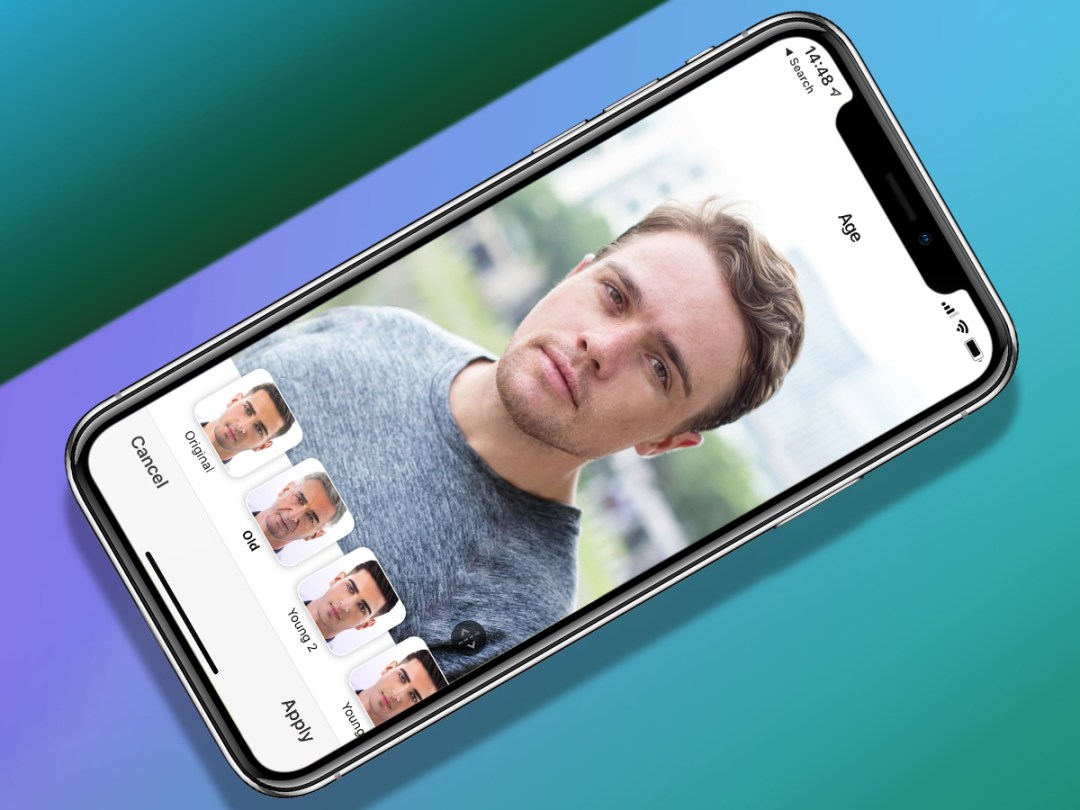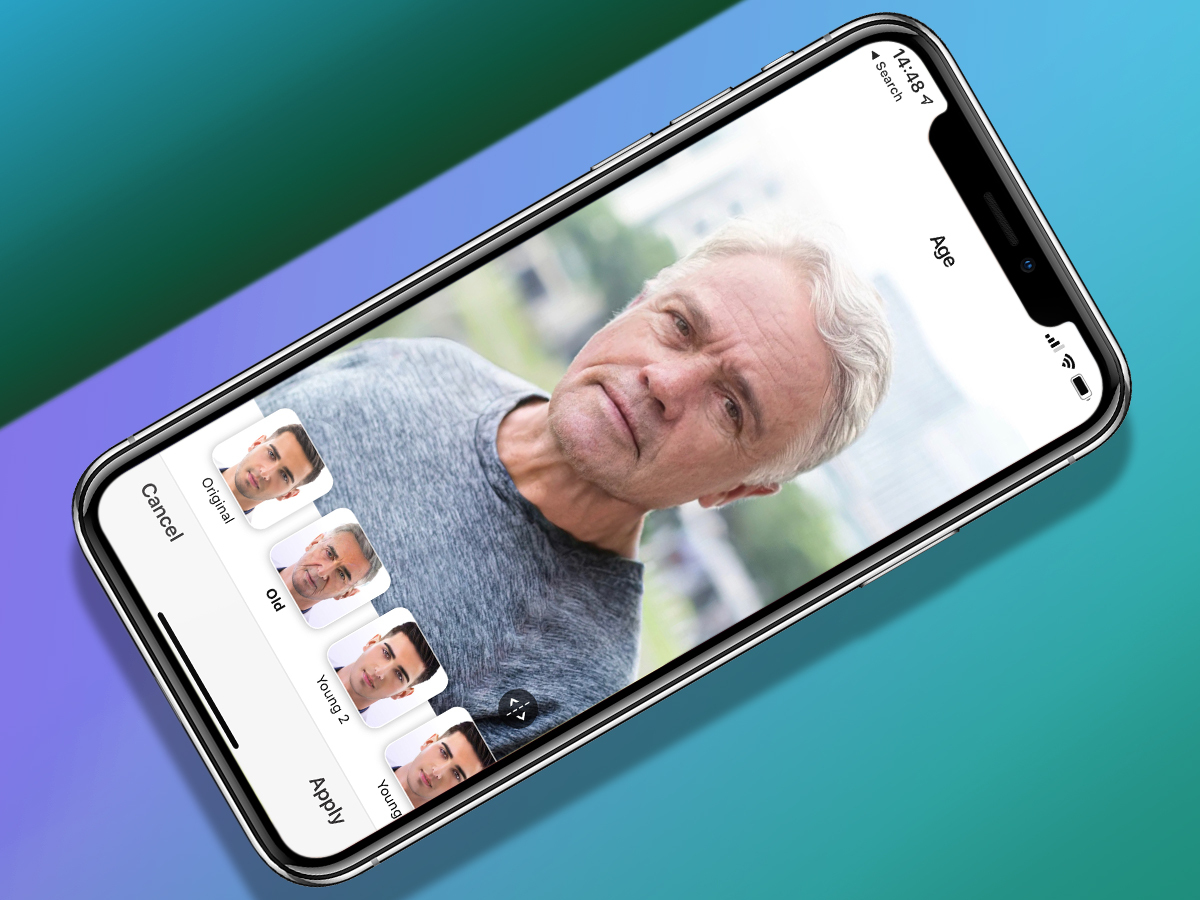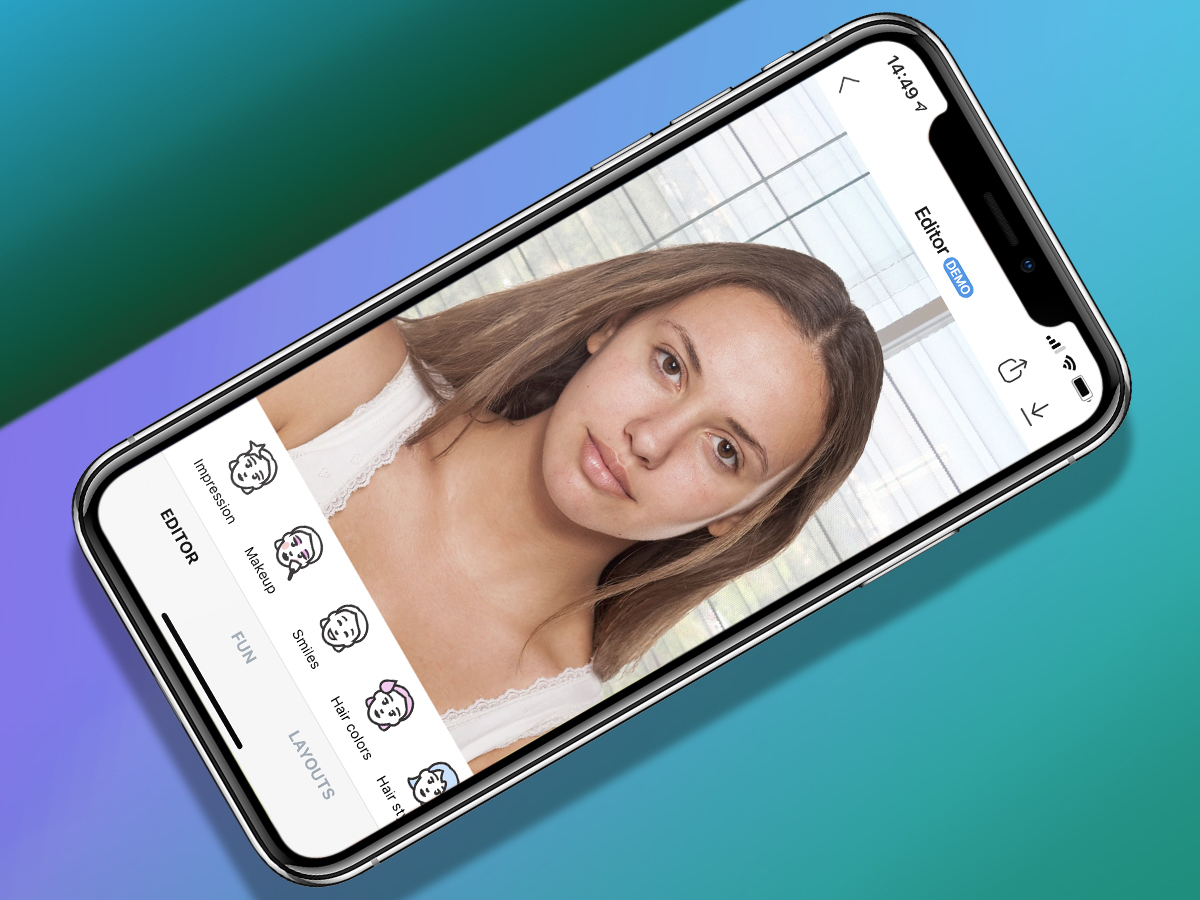WTF is FaceApp?
And why is everyone suddenly using it again?

There’s something quite fitting about the fact that FaceApp – the smartphone mug-morpher that’s flooding Facebook with prematurely aged selfies – is not new.
The app first went viral back in early 2017 but has had a second wind thanks to the #faceappchallenge appearing on social media. But is it all just harmless face-altering fun?
What does FaceApp do?

FaceApp is an app for iOS and Android that allows you to change the way you look. The free version only has a few options, including the ability to add glasses, facial tattoos, a beard or a faintly ludicrous fringe. There’s also a paid version but you don’t need that to access the effect that’s captured the imagination all over again: the one that allows you to alter how old you look.
It works both ways. The one that’s supposed to make you look young is just odd, but apply the ageing one and the effect is often hilarious – it certainly seems more convincing than it did back in 2017. In fact, you’ll probably be able to convince people online that you turn your TV up way too loud and have been picking up your pension for years.
How does it work?

FaceApp uses AI to work its magic, feeding your pictures through its algorithms in order to change your appearance, which means the photos you upload must be stored on its servers for the process to take place.
Uploading pictures in order to alter them is nothing new. For a fleeting period in 2016 Prisma did it for any photo you fancied and spat out arty interpretations of the original (it still does, it’s just that everyone got bored of it and moved on). The difference here is that you’re uploading hi-res pictures of people’s faces, which FaceApp’s Ts & Cs say they can do whatever the hell they want with until the end of time. Yikes.
How’s that any different from any other photo-sharing app?
It’s not hugely. Lots of apps require you to hand over permissions for them to do their thing, but very little is known about the makers of FaceApp, so it’s probably wise to err on the side of caution here. Questions have also been raised over the way the app accesses your phone’s photo library, although that appears to be a false alarm.
It doesn’t help that the developers are from Russia, a country that has a reputation for engaging in some slightly dubious online behaviour in recent years, but if nothing else it’s a good reminder to be careful about what information you let loose online without knowing exactly where it’s going. If you wouldn’t be happy plastering it on a billboard in Piccadilly Circus, it’s probably best to keep it offline too.



